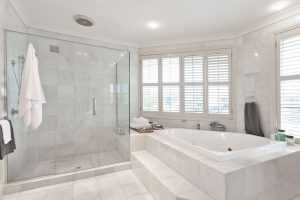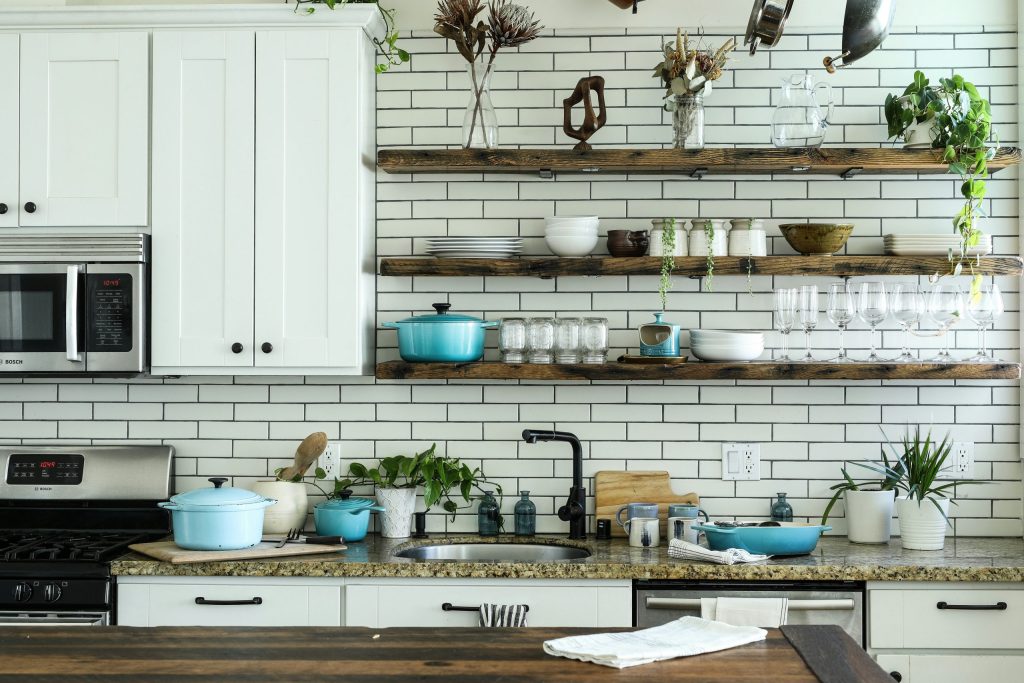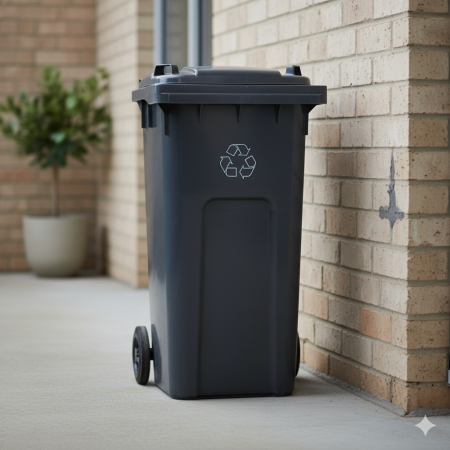A kitchen renovation is one of the most significant investments you can make in your home, often delivering a high return on investment in both lifestyle and property value. As we look ahead to 2026, understanding the precise cost breakdown between materials and the professional labour required is crucial for setting a realistic budget.
Based on current UK market trends and forward projections for 2026, here is the comprehensive guide to budgeting for your new kitchen, with a clear focus on the essential labour vs. materials split.
1. The total picture: Average UK kitchen costs in 2026
The final price of your new kitchen will primarily be determined by two factors: the size of the room and the quality of the materials you select. Costs are generally categorised into three tiers:
| Kitchen Tier | Typical Cost Range (Materials & Labour) | Key Characteristics |
| Budget | £6,000 – £12,000 | Flat-pack units, laminate worktops, minimal layout changes, and basic appliances. Often fitted by a general carpenter/fitter. |
| Mid-range | £12,000 – £25,000 | Pre-assembled or semi-bespoke units, durable quartz or solid wood worktops, branded appliances, and professional fitting including specialist trades. This is the most popular bracket for UK homeowners. |
| High-end/bespoke | £25,000 – £60,000+ | Fully bespoke cabinetry, premium worktops (e.g., marble, Dekton), high-end integrated appliances, and possible structural work (e.g., knocking down walls, installing islands). |
2. The essential split: Labour vs. materials (the 60/40 rule)
When estimating a new kitchen budget, a reliable rule of thumb is the 60/40 split for the overall project cost.
| Cost Component | Percentage of Total Budget | What it Covers |
| Materials & supply | 60% – 70% | Cabinets, worktops, appliances, sinks, taps, flooring, and tiles. |
| Labour & installation | 30% – 40% | The cost of the fitter, electrician, plumber, tiler, plasterer, and waste removal. |
This split can vary significantly. If you opt for expensive, bespoke cabinetry and high-end stone worktops, the materials share will increase closer to 70%. Conversely, if your layout requires extensive electrical rewiring or moving a sink across the room, the labour share will rise.
3. Detailed breakdown of material costs (the 60-70%)
The materials are the heart of your kitchen and represent the largest portion of your budget.
| Component | Budget Range (Supply Only) | Key Cost Factor |
| Cabinets and units | £2,000 – £15,000+ | Flat-pack (cheaper, £20-£70 per unit) vs. Pre-assembled/Bespoke (sturdier, £70-£130+ per unit). The choice of door finish (e.g. painted wood vs. laminate) is also critical. |
| Worktops | £800 – £5,000 | Laminate (£200-£800 for an average kitchen) is the cheapest. Solid Wood is mid-range. Quartz, Granite, or Porcelain start from around £300 per square metre and can easily reach £3,500 to £5,000+. |
| Appliances | £1,500 – £10,000+ | A standard oven, hob, and extractor can be sourced for under £1,000. Integrated, smart, or premium brand appliances (e.g., Miele, Siemens) will push costs into the high-end range. |
| Sinks and taps | £150 – £1,000 | A basic mixer tap starts low, but boiling water taps or designer sinks can be a significant cost. |
| Flooring and tiling | £1,000 – £3,500 | Cost depends on material: Vinyl is most cost-effective, followed by Ceramic Tiles, then Luxury Vinyl Tile (LVT) or Engineered Wood. |
4. Detailed breakdown of labour and installation costs (the 30-40%)
This section covers the cost of professionals required to install and certify your new kitchen.
A. Core kitchen fitter costs
The kitchen fitter is the central tradesperson and is responsible for the main installation of units, worktops, and door alignment.
- Average daily rate: £250 – £350 per day (can be higher in London and the South East, reaching £400+).
- Total installation cost (labour only): £2,200 – £4,600 is a common range for a basic fit. A full-service installation including coordination of all trades can cost up to £7,000 – £9,500.
- Duration: A standard renovation typically takes 2 to 4 weeks. Complex or bespoke jobs can take 6 to 8 weeks.
B. Specialist trade costs
For all but the simplest like-for-like replacement, you will need specialist, certified tradespeople.
| Trade | Typical Daily Rate | Typical Project Cost (Range) |
| Electrician | £250 – £400 | £500 – £1,900 for tasks like adding new sockets, fitting lighting, or minor circuit changes. A full rewire of the kitchen area is at the higher end. |
| Plumber | £180 – £375 | £300 – £1,000 for connecting the sink, dishwasher, and washing machine. Costs rise significantly if you move the position of the sink or boiler. |
| Plasterer | £150 – £250 | £400 – £750 for re-skimming walls after unit removal, or for preparation before tiling. |
| Gas safe engineer | £40 – £75 per hour | Required to install or disconnect any gas hob/cooker connections. |
| Tiler/flooring fitter | £150 – £300 | Varies greatly based on square meterage and material. |
Why choose certified tradespeople through Rated People?
Hiring for a kitchen project means coordinating multiple specialists: fitters, Gas Safe engineers, and certified electricians. The quality of this labour is the single biggest factor determining your kitchen’s final look, safety, and lifespan.
- Verified specialists: Rated People connects you with verified tradespeople—including certified Gas Safe engineers and NICEIC electricians—who possess the right credentials for complex, regulated work.
- Trust and transparency: You can view real homeowner reviews and ratings for each individual trade before you hire, ensuring you receive transparent quotes and high-calibre workmanship.
- Project peace of mind: We help you source all the necessary experts in one place, guaranteeing safety compliance and a professional finish that protects your investment.
5. The crucial x-factor: Hidden costs and contingency (10-15%)
One of the most common mistakes is not accounting for the hidden or unexpected costs that arise once the old kitchen is stripped out.
The contingency fund
Experts universally recommend setting aside 10% to 15% of your total budget as a contingency fund. For a £15,000 project, this means having £1,500 to £2,250 in reserve. In older homes where structural issues are more likely, a 20% contingency is advisable.
Common hidden expenses:
| Hidden Cost | Typical Budget to Reserve |
| Structural work | £1,500 – £10,000+ |
| Waste removal / skip hire | £200 – £400 |
| Subfloor/damp repair | £500 – £2,000+ |
| Preparation works | Included in labour |
| Building regulations | £100 – £500 |
| Temporary living | Varies |
By breaking down your project into the material components and the diverse labour requirements, and by protecting yourself with a robust contingency fund, you can approach your 2026 kitchen renovation with confidence and a realistic budget.
With Rated People, you can get the job done. Find a trusted, local cleaner today.
Read the full article here








